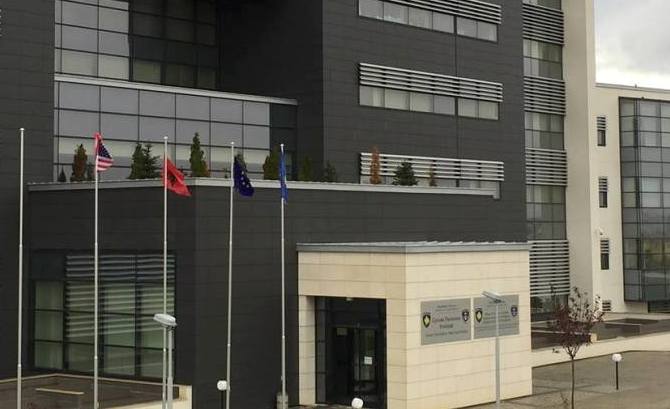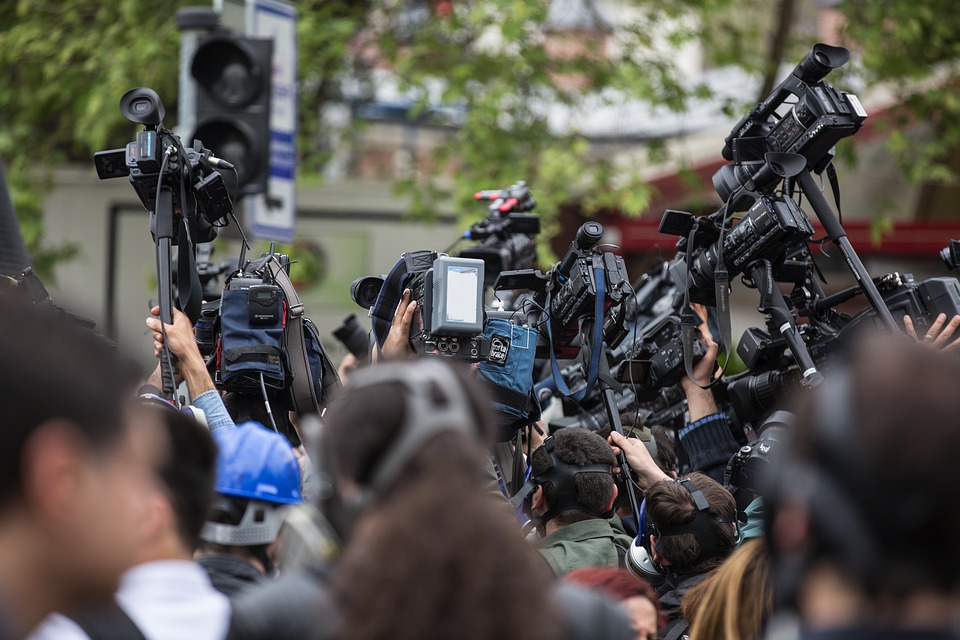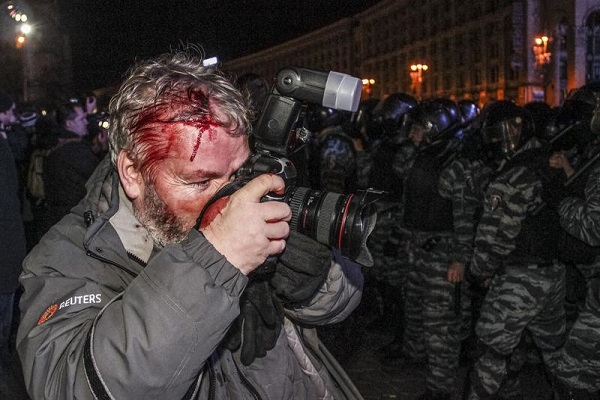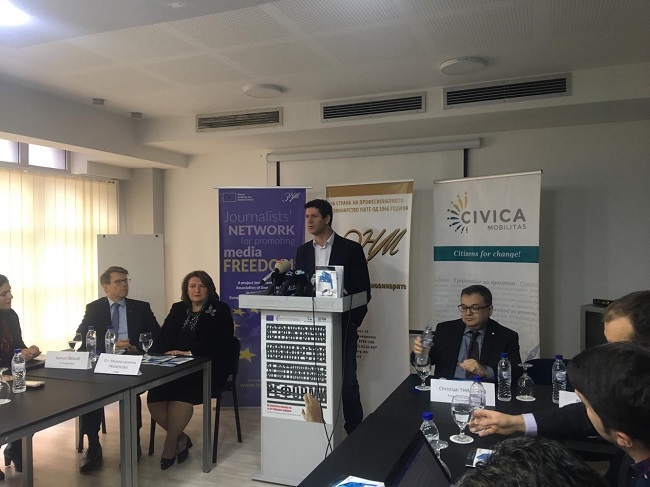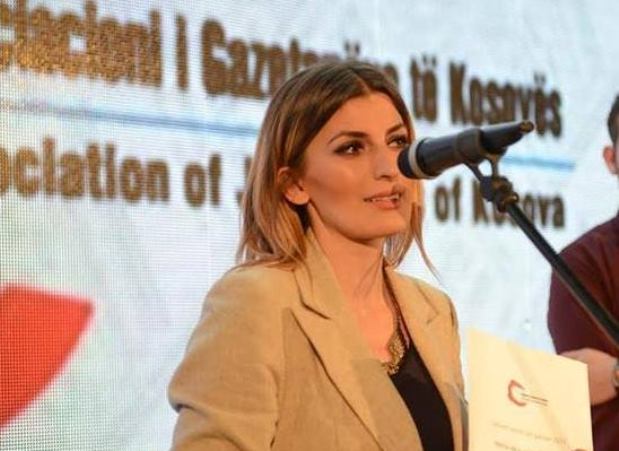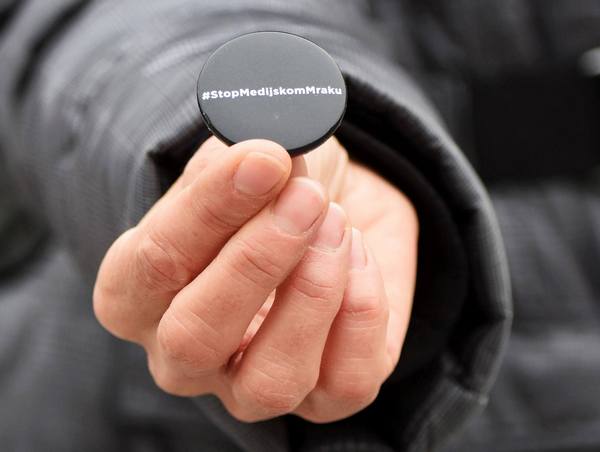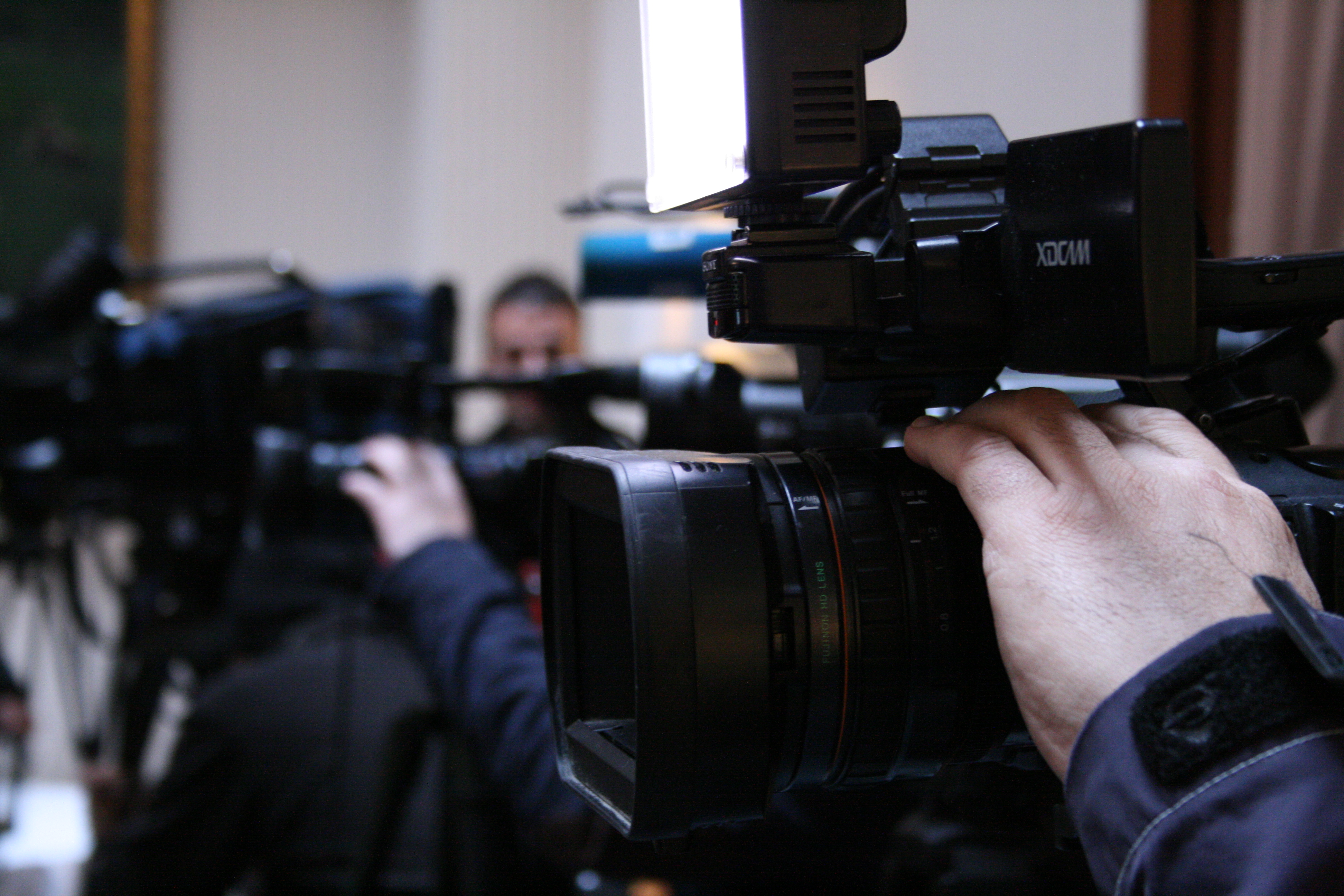BELGRADE, 19.12.2017. – Attempts by the Serbian authorities to show the associations of journalists and the non-governmental (NGO) sector that they are prepared to focus seriously on freedom of speech and of the press have reached a deadlock again. Most of the media associations that together with the authorities have been working on two important projects – a new media strategy and the protection of journalists and the media against physical assaults and threats – have started a boycott.
Most of the associations of journalists and media organizations, as well as the NGO sector, believe that the state doesn’t want to make any substantial moves, preferring to maintain formal cooperation in very broad terms. They suggest that the authorities have insisted on the propriety only to show to the international community, more precisely, Brussels and Washington, that when it comes to the freedom of the press and freedom of speech, things are getting better fast in Serbia, while actually keeping the status quo.
The associations and organizations most vocal in criticizing the government’s treatment of the media have been left out of hands-on projects to produce a new media strategy, which is a step back compared to the existing document, written six years ago. These organizations were actively involved in shaping the first media strategy, and even though some experts from the journalistic community openly criticized certain provisions, they were largely satisfied with the end result.
Six years ago, the associations and organizations appointed their own representatives to the team in charge of designing the media strategy. This time, however, the team has been appointed by the Ministry of Culture and Information, and the associations and organizations will be able to say what they think only when the job has been done. This was not an illegal move though, since the ministry is entitled to propose a new strategy, but the journalists and NGOs insist that the decision to leave them out portrays the state as one willing to impose solutions, instead of endorsing them through a broad debate and by consensus.
Boycott
A decision to boycott a working group for the protection of journalists, including representatives of journalists, the media, the Prosecutor’s Office and the Ministry of the Interior, came after a ruling by the prosecutor in charge to dismiss the criminal reports following attacks on journalists during the inauguration of Serbia President Aleksandar Vucic in Belgrade. Corroborating the reports are videos and eye witness testimonies by the journalists covering the event, attacked physically by the Serbian Progressive Party’s security guards.
What really hit a raw nerve with the media community was the prosecutor’s explanation that the journalists were not attacked at all, but that the Vucic’s party security had tried to protect them against the anger of party supporters. In separate releases, the associations and organizations described the prosecutor’s words as cynical, promising not to get back to the working group until all the circumstances surrounding the decision have been clarified in a meeting with Chief Prosecutor Zagorka Dolovac. The boycott wasn’t supported by the Association of Journalists of Serbia.
The Office of the Public Prosecutor then summoned the working group, without mentioning the presence of Zagorka Dolovac. Repeated questions as to her attendance were left unanswered, and most of the associations and organizations refused to come to the meeting. It turned out, however, that Zagorka Dolovac had been invited, and did come to the meeting. As it happens, the sole media representative at the meeting was the Association of Journalists of Serbia, which decided not to back up the boycott.
Zagorka Dolovac explained the procedure, promising that the Higher Prosecutor’s Office would discuss the appeals to the First Basic Court’s decision to dismiss the criminal reports. The associations, organizations and NGOs boycotting the working group welcomed the decision, but made clear that they knew they had been tricked by not being informed that Dolovac would attend the meeting. The misunderstanding has yet to be sorted out, and the Prosecutor’s Office that organized the meeting has offered no comment so far.
The associations and organizations find it very difficult to justify to international representatives the reasons behind the decision to continue the boycott, because, as they put it, it’s never easy to explain the role of behind-the-scenes intrigue in efforts to pacify the media landscape. Without a detailed, crystal explanation, those boycotting the working group are highly unlikely to stop the boycott. As things stand now, they will continue to share their own view of the Serbian media scene with the local and international public, with an emphasis on the state’s role in stifling media freedoms.
Requests
Attempts to open a direct dialogue with Prime Minister Ana Brnabic have been unproductive as well. At a Nov. 14 meeting with the prime minister, the informal Group for the Freedom of the Media, bringing together associations of journalists, media organizations and the NGO sector, handed to her a list of 13 specific requests to improve the media situation. In a press release, the Serbian cabinet described the talks as long and difficult, yet proceeding in a constructive atmosphere. There have been no answers to the requests so far, even though the Group was promised to receive those two weeks after the meeting. A new one with the prime minister hasn’t been mentioned either.
The associations, organizations and NGOs want a new working group to be set up for the media strategy, together with an in-depth analysis of all attacks against journalists, a decision for the state to withdraw its ownership stakes in three newspapers, Politika, Vecernje Novosti and Dnevnik, and the closure of the state-run Tanjug agency, which formally ceased to exist two years ago by a Serbian government decree. Another request is for the authorities, top government officials, in particular, to stop accusatory “roll-calls” and attempts to discredit journalists and media outlets.
The Group also insists that the authorities urgently resolve all the cases in which journalists were attacked, or their safety was threatened, and start proceedings against perpetrators immediately. The authorities are also expected to publish promptly the results of police and prosecutors’ actions in the cases of murders of and attacks against journalists. The Group wants the Ministry of Culture and Information to suspend right away its work on a new Strategy for the Development of Public Information, criticizing the methodology and structure of the working group, making it impossible for the largest media and journalistic associations to have a say in drafting the capital document.
The Group asked the Parliament to launch proceedings to dismiss members of the Regulatory Council for Electronic Media, and that in the election of new members, other proponents be free of influence by the executive and legislative branches of power. They also want the editorial, operational and financial independence of public media services, guaranteed by the law, to be made effective, and that the government, in order to protect their editorial independence, should allow the public media services to enjoy a tax as a dominant source of income, as provided by the law.
The government was also asked to set up an independent committee to analyze the system of cofinancing media contents in the public interest, and to suggest steps to prevent the abuse of media contests at all levels. The Ministry is also expected to define conditions and criteria for the decision-making process in the media co-financing contests precisely, and to introduce an effective mechanism to challenge a decision to allocate funds, before the funds have been used.
The Group also wants the government to make sure that decisions made by the Commissioner for Information of Public Importance and Personal Data Protection be effected, and act directly to handle all the requests for access to information that hasn’t been addressed. In the future, the authorities are expected to deal with such requests within a legal deadline, and in the way provided by the Law on Free Access to Information of Public Importance.


